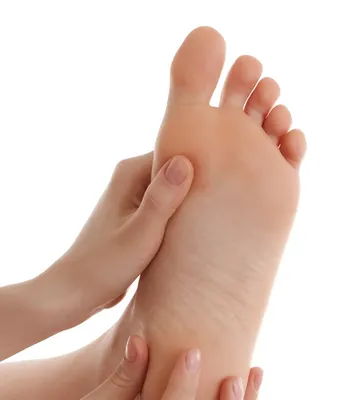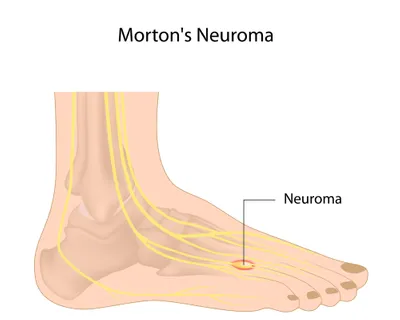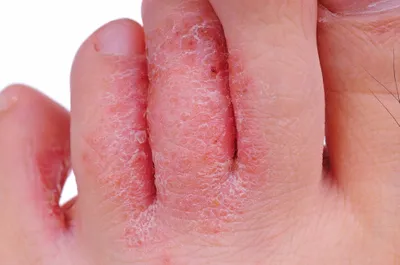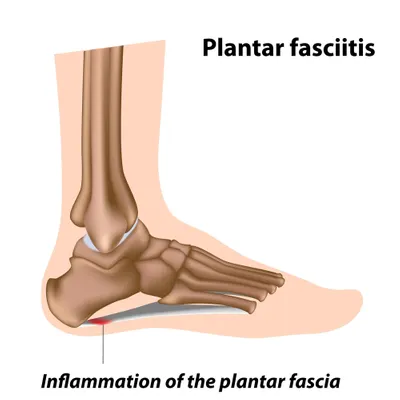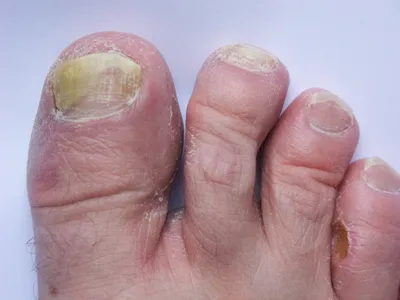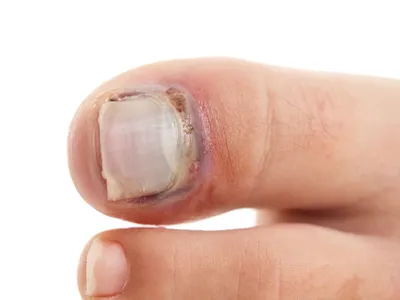Swollen toes, lack of foot fuzz, painful cramps, and freezing toes…even when you wear the fuzzy socks are all common foot woes, but did you ever stop to think that these may indicate more serious medical conditions.
However, when changes occur in your feet and become chronic issues (i.e. flaky skin or numbness) your feet could be trying to tell you something about a potentially serious medical issue. So don’t ignore your feet when these eight tootsie issues become persistent…
1. Foot Cramps
I bet you didn’t think that your lower half could indicate a lack of fluids being taken in by your upper half, but foot cramps are a prime indication of dehydration. If you exercise regularly and are prone to foot cramping during workouts, be sure to bring a bottle of water along to re-hydrate as you perspire. If fluid intake is not the problem, oftentimes, Charlie horses also indicate a potassium deficiency.
2. Numbness & Tingling
Numbness or tingling (a condition called neuroma) can indicate a few different medical issues—depending on if you feel it in one or both feet. For instance, numbness in both feet can indicate peripheral neuropathy, a condition that’s familiar to diabetics. However, if you have numbness or tingles in just one foot, you could be suffering a pinched nerve in your back or in the actual affected foot.
3. Flaky Feet
Flaky or peeling skin on your feet and toes is common if you run or workout regularly (my feet are so embarrassing). However, if you don’t hit the gym regularly, you could be dealing with a nasty fungal infection or athlete’s foot—due to walking barefoot in a shared shower.
4. Cold Feet
IF you can’t get warm no matter how many pairs of fuzzy socks you pull over your freezing toes, you could have a slow thyroid. Hypothyroidism is a condition that eventually causes lack of energy, hair loss, fatigue, and unexplained weight gain…but it starts with chronic cold feet.
5. Heel Pain
When a sharp pain shoots up your heel into your calf, you probably scream bloody murder like I do at the culprit—plantar fasciitis, a strain or pressure on the ligament in the foot that supports the arch. Plantar fasciitis is caused by uncomfortable shoes with zero foot support, causing the ligament to collapse. You’ll need rest followed by regular stretching to heal and strengthen your foot.
6. Discolored Nails
If your nail appears thick, broken, and yellow (ewwww), you may have caught a nasty nail fungus—likely from unclean pedicure equipment. You can also give yourself a fungus if you wear the same nail polish for months without cleaning it off. Give you nails a break and see your doctor for an anti-fungal treatment.
7. Swollen Big Toe
If your big toe suddenly swells up for no apparent reason, you may be suffering from gout. This inflammatory condition will show itself in a red, hot, swollen, and painful big toe—before it affects your other joints.
8. Lack of Foot Fuzz
I’m not talking about hobbit hairy feet, but most of us do have a fine coating of fuzz on our toes and feet (yes, even the ladies). It’s alright; it’s a healthy indication of good blood circulation. However, if your toes lack any hair, you may have a circulation issue or a more serious heart condition.

